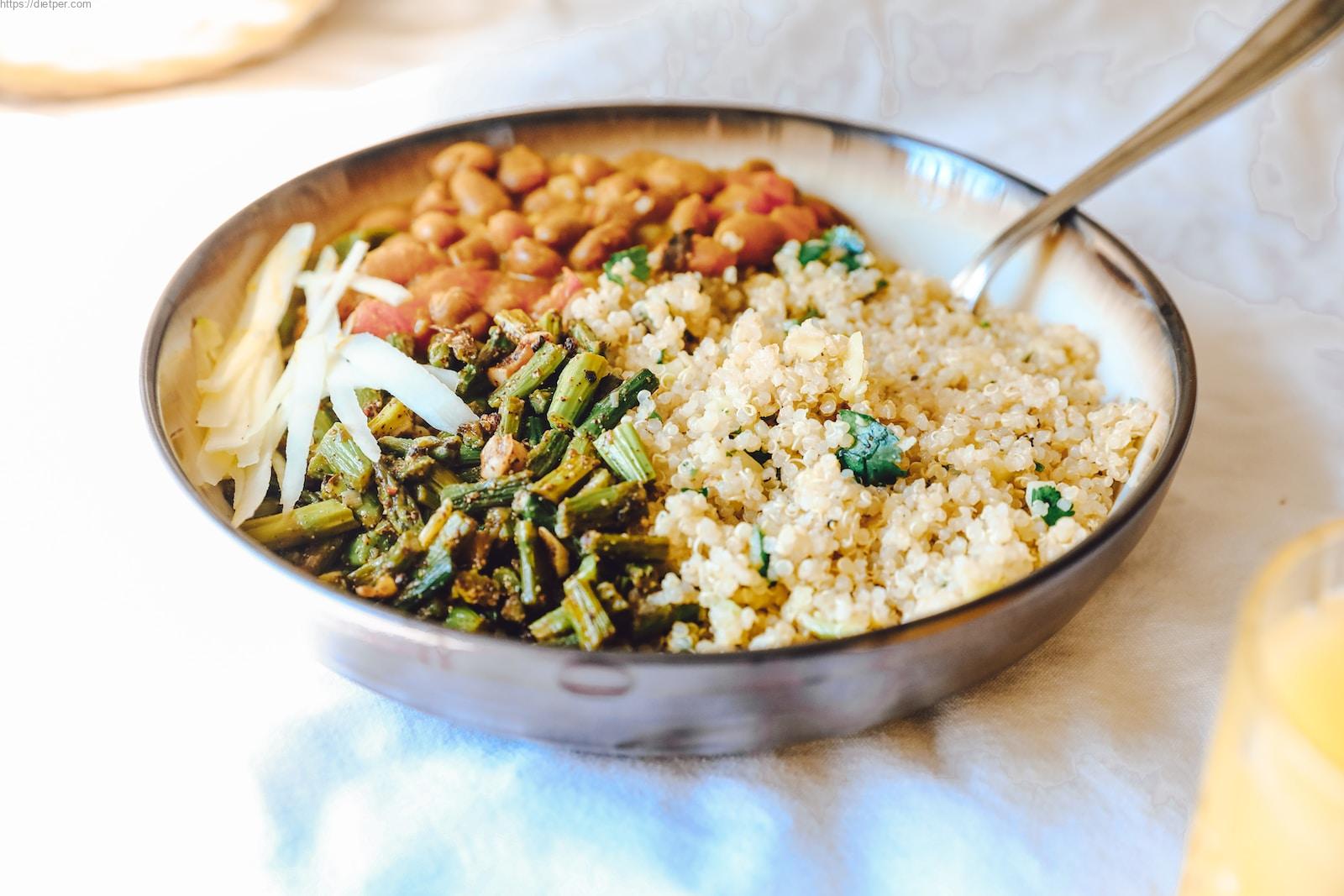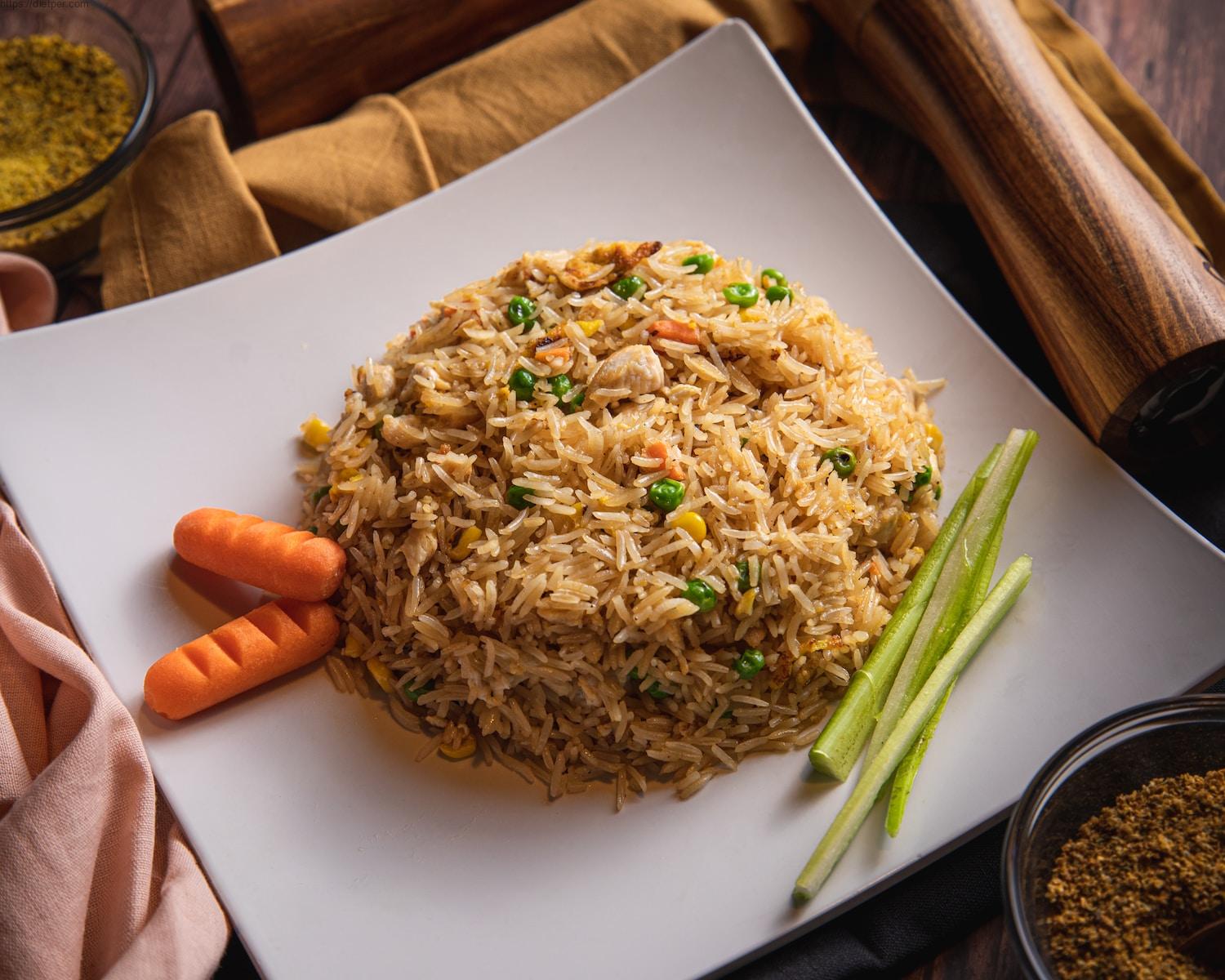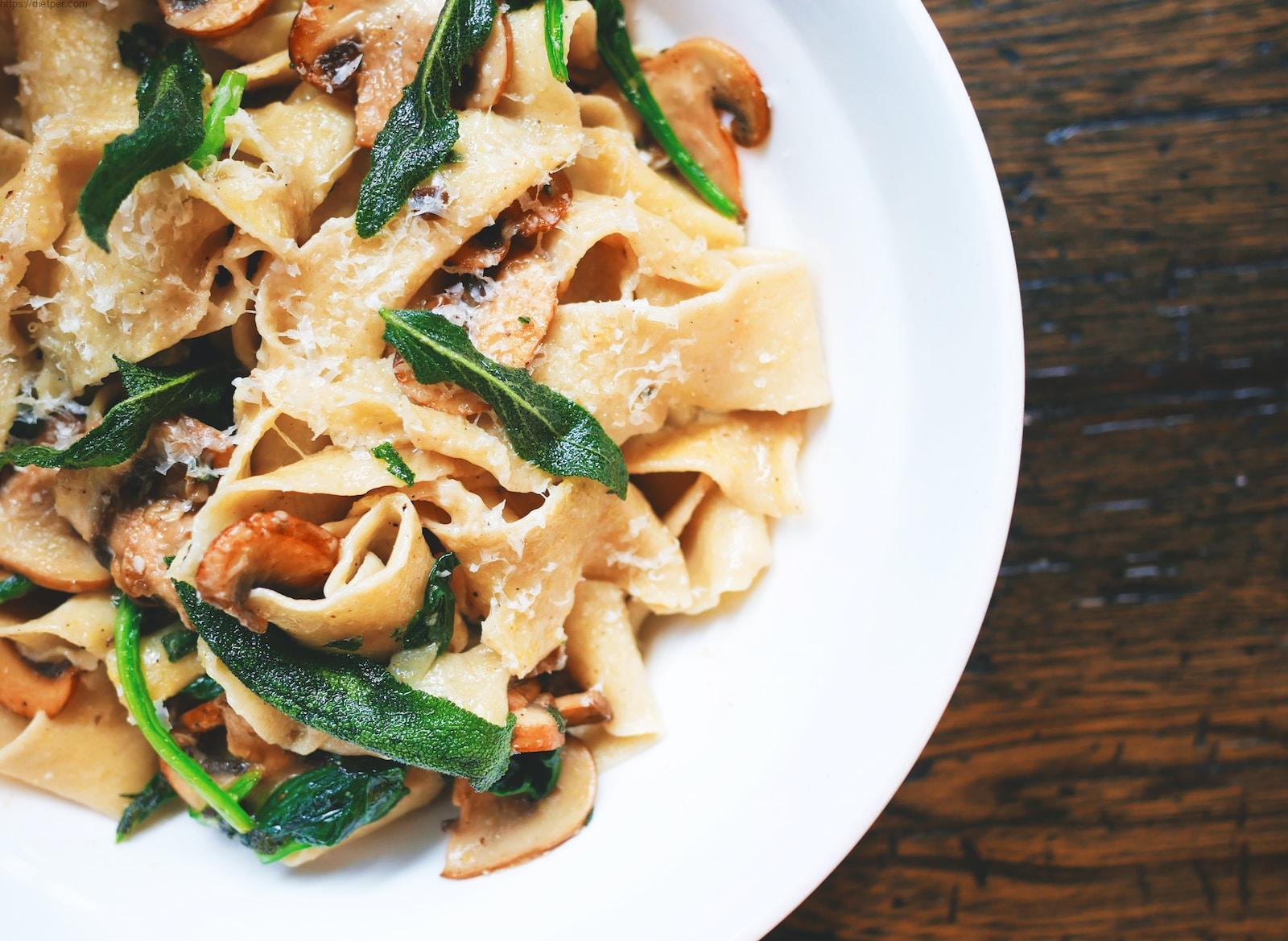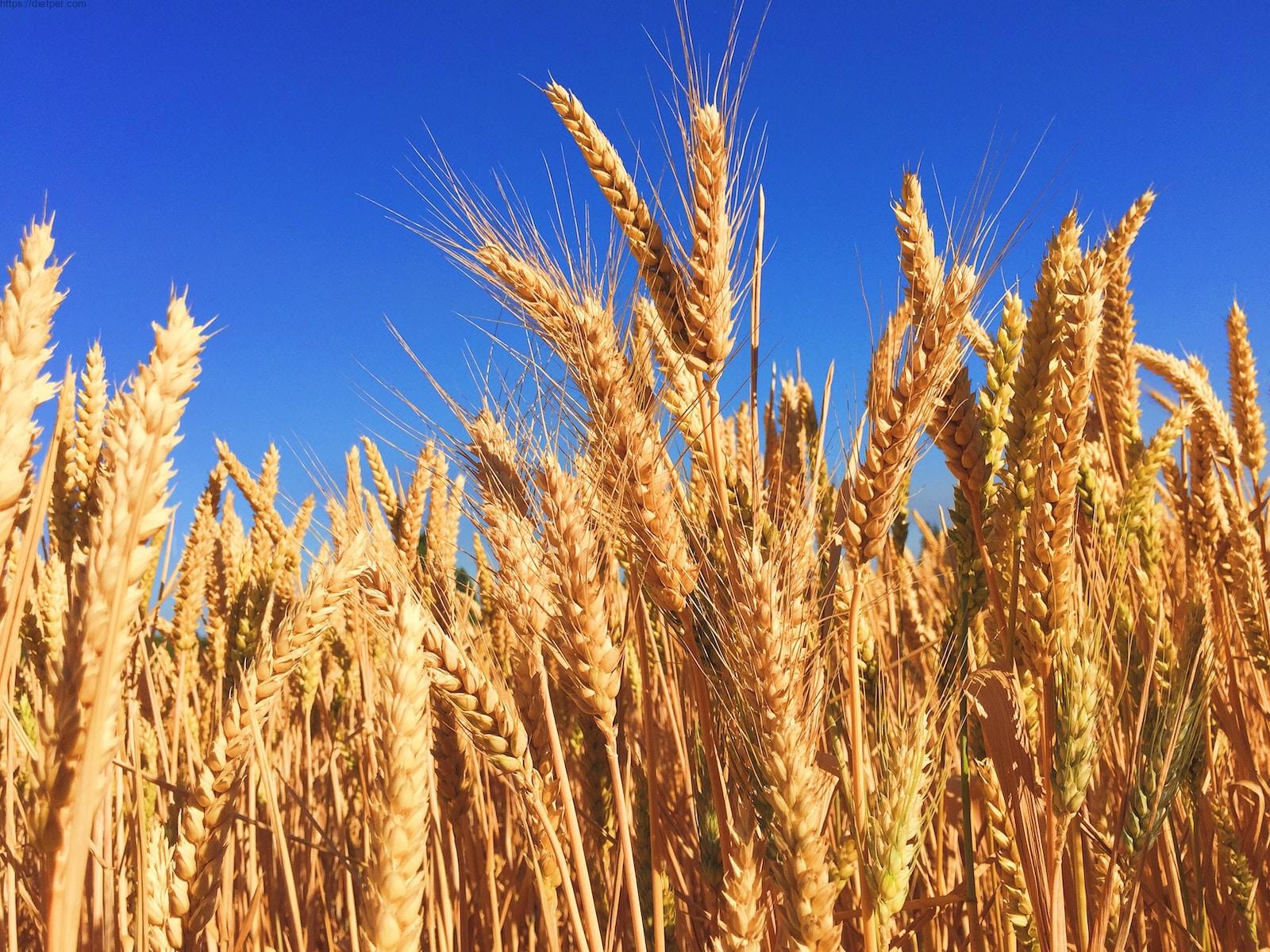33 Nutrient-Rich Foods to Boost Your Energy in 2024
Nutrient-Dense Foods to Boost Your Energy Levels
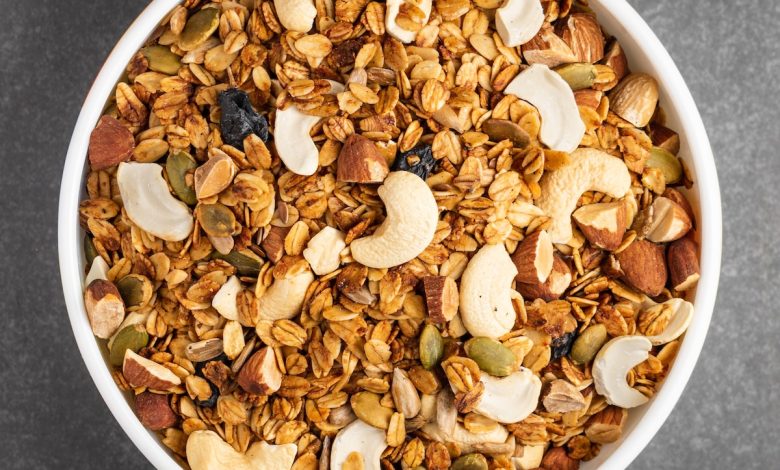
Nutrients source of energy: Embarking on a journey towards optimal health and vitality often begins with the choices we make in our daily diet. While the concept of eating healthily is a familiar one, the profound influence of our food choices on our energy levels is a revelation worth exploring. Delving into the realm of nutrient-rich foods unveils a treasure trove of sustenance that not only fuels our bodies but also sustains us throughout the day’s myriad challenges. By selecting foods brimming with vital vitamins, minerals, and essential nutrients, we pave the way for a harmonious symphony of energy that empowers us to coquer work, conquer workouts, and conquer life itself. Join us as we uncover the transformative power of nutrient-rich foods in fueling your body to function at its absolute best.
What are macronutrients and their types?
Macronutrients are essential nutrients required by the body in large quantities to provide energy and support various bodily functions. The three main energy-yielding macronutrients are carbohydrates, fats, and proteins. Carbohydrates are a primary source of energy, providing 4 Calories per gram. They are found in foods like fruits, vegetables, grains, and dairy products.
- Proteins, composed of amino acids, are crucial for tissue maintenance and growth. They also provide 4 Calories per gram and are abundant in meats, nuts, seeds, and dairy.
- Fats, the most energy-dense nutrient, offer 9 Calories per gram and play a vital role in hormone synthesis and energy storage. They are present in various foods, including meats and grains. These macronutrients are essential for the body to function optimally.
- Carbohydrates are the body’s preferred energy source, proteins are crucial for tissue repair and growth, and fats provide long-lasting energy and support hormone production.
Including a balanced mix of these macronutrients in the diet is crucial for overall health and well-being. Balancing the intake of carbohydrates, fats, and proteins ensures the body receives the necessary energy and nutrients to sustain daily activities and maintain proper bodily functions. Also, this 32 Foods That Burn Belly Fat Fast was amazing for you.
Understanding Micronutrients: Vitamins, Minerals, and Their Importance
Micronutrients, which include vitamins and minerals, play a crucial role in supporting overall health and energy production. These essential nutrients are vital for various bodily functions, such as energy production, immune function, blood clotting, and growth and development.
Vitamins
Vitamins are organic compounds necessary for energy production, immune function, and other bodily processes. They can be divided into two categories: water-soluble vitamins and fat-soluble vitamins.
Water-soluble vitamins include vitamins B and C, which dissolve in water and are not easily stored in the body. They are essential for energy production, immune function, and the maintenance of healthy cells.
Fat-soluble vitamins include vitamins A, D, E, and K, which dissolve in fat and can be stored in the body. They are important for eye health, immune system support, and bone health.
Minerals
Minerals are inorganic compounds essential for various bodily functions. They can be divided into macrominerals and trace minerals.
Macrominerals include calcium, phosphorus, and magnesium, necessary for bone health, muscle function, and nerve function.
Trace minerals include iron, manganese, copper, zinc, and selenium, critical for muscle health, nervous system function, and the repair of damaged cells.
Food Sources
Micronutrients can be obtained from a variety of foods, including fruits, vegetables, whole grains, lean meats, and dairy products. Some specific food sources of essential vitamins and minerals are:
- Vitamin A: sweet potatoes, carrots, dark leafy greens
- Vitamin D: fatty fish, fortified dairy products, sunlight exposure
- Calcium: dairy products, leafy greens, fortified plant-based milk
- Iron: red meat, poultry, fish, beans, lentils
- Zinc: oysters, beef, chicken, pork, fortified cereals
- Selenium: Brazil nuts, fish, turkey, beef
Functions in the Body
Micronutrients perform a range of functions in the body, including:
- Energy production
- Immune function
- Growth and development
- Bone health
- Eye health
- Immune system support
In short, micronutrients are essential for supporting overall health and energy production. A balanced diet that includes a variety of foods can provide the necessary vitamins and minerals for optimal health. Deficiencies in these nutrients can lead to a range of health problems, from mild to severe, and can have significant impacts on quality of life.
33 Foods for nutrients are a source of energy
1. Quinoa: The Complete Protein Powerhouse
Quinoa has gained a well-deserved reputation as a superfood. It is a complete protein source, containing all essential amino acids, and is rich in fiber, iron, magnesium, and manganese. Its nutty flavor and versatile nature make it an excellent base for salads, bowls, and even as a rice substitute.
2. Brown Rice: Nutrient-Packed Whole Grain
Brown rice is a whole grain that retains its bran and germ layers, making it a nutritional powerhouse. It’s a great source of complex carbohydrates, B vitamins, and minerals like selenium and magnesium. Swap white rice for brown rice to enjoy sustained energy and better nutrient content.
3. Whole Wheat Pasta: Fiber-Rich Comfort
Whole wheat pasta provides the comfort of traditional pasta with the added benefit of fiber. This fiber aids digestion and slows down the absorption of carbohydrates, providing a gradual energy release. Choose whole wheat pasta options for a satisfying and energizing meal.
4. Barley: Fiber and More
Barley’s high fiber content contributes to a feeling of fullness and sustained energy. It also contains beta-glucans, which can help regulate blood sugar levels and support heart health. Add barley to soups, stews, and salads for a hearty dose of nutrients.
5. Farro: Ancient Grain Elegance
Farro, an ancient grain, is rich in fiber, protein, and essential nutrients like B vitamins and iron. Its nutty taste and chewy texture make it a delightful addition to salads and side dishes. Farro’s slow-releasing energy can keep you fueled for hours.
6. Bulgur: Nutrient-Dense and Quick to Prepare
Bulgur is a versatile grain that’s been parboiled and cracked, making it quick to cook. It’s a good source of fiber, manganese, and B vitamins. Use it as a base for tabbouleh, soups, or pilafs to add a nutritional boost to your meals.
7. Millet: Tiny Grain, Big Benefits
Millet is a gluten-free grain rich in magnesium, phosphorus, and antioxidants. It’s known for its calming effects on the digestive system and its ability to provide sustained energy. Use millet in both sweet and savory dishes for added variety.
8. Oats: Breakfast of Sustained Energy
Oats are a breakfast staple for a reason. They’re high in soluble fiber, which helps stabilize blood sugar levels and keeps you feeling full. Whether in oatmeal, overnight oats, or granola, oats are an excellent way to start your day energetically.
9. Buckwheat: Pseudograin Power
Despite its name, buckwheat is not a wheat but a pseudograin related to rhubarb. It’s a good source of protein, fiber, and minerals like magnesium and manganese. Enjoy it as a base for salads or as flour in pancakes and baked goods.
10. Amaranth: Tiny but Nutrient-Rich
Amaranth is a small grain with a big nutritional profile. It’s rich in protein, fiber, iron, and calcium. Its versatility allows you to use it as a side dish, porridge, or baked goods for an energy-boosting twist.
Energy-Packed Fruits – source of energy
11. Bananas: Nature’s Instant Energy Booster
Bananas are a go-to choice for quick and lasting energy. Packed with easily digestible carbohydrates and rich in potassium, vitamin B6, and vitamin C, they offer a convenient on-the-go snack that helps regulate blood sugar levels and supports muscle function.
12. Apples: Crisp and Nutrient-Rich
Apples provide a combination of fiber and natural sugars that gradually release energy. The soluble fiber in apples helps stabilize blood sugar levels, while antioxidants like quercetin contribute to overall health. Keep an apple handy for a satisfying energy boost.
13. Oranges: Citrus Zest for Energy
Oranges are known for their high vitamin C content, which supports immune function and provides a natural pick-me-up. Their natural sugars and hydration properties make them a refreshing choice to invigorate your body and mind.
14. Berries (Blueberries, Strawberries, Raspberries): Antioxidant-Rich Energizers
Berries are a powerhouse of antioxidants that combat oxidative stress and boost energy levels. The fiber in berries promotes steady digestion and helps prevent energy crashes. Incorporate a variety of berries into your diet for a burst of vitality.
15. Mangoes: Tropical Sweetness and Nutrients
Mangoes provide a rich source of vitamins A and C and natural sugars that offer quick energy. Combining fiber and nutrients makes mangoes a satisfying choice that transports your taste buds to a tropical paradise.
16. Pineapples: Juicy and Enzyme-Packed
Pineapples contain bromelain, an enzyme that aids digestion and reduces inflammation. With natural sugars, vitamin C, and manganese, pineapples provide a delightful energy boost and contribute to overall well-being.
17. Kiwi: Vitamin-Packed Energizing Delight
Kiwi is a vitamin C powerhouse that contains vitamin K, E, and fiber. It’s natural sugars, and unique combination of nutrients make it a smart choice for a midday energy lift.
18. Papaya: Enzyme-Rich and Refreshing
Papaya is rich in vitamins A and C and contains papain, an enzyme that supports digestion. Its natural sugars and water content make it a hydrating choice that sustains energy levels.
19. Watermelon: Hydrating and Invigorating
Watermelon’s high water content makes it an excellent choice for hydration. It contains lycopene, an antioxidant that supports heart health, and its natural sugars provide a quick energy source.
20. Pears: Fiber-Fueled Energy
Pears are rich in dietary fiber, which aids digestion and provides a steady release of energy. With vitamins and minerals, pears contribute to a well-rounded and sustained vitality.
Protein-Packed Options – source of energy
21. Eggs: A Complete Protein Source
Eggs are a nutritional powerhouse, providing a complete source of protein along with essential vitamins and minerals. The amino acids in eggs aid in muscle recovery and growth, making them a perfect addition to your morning routine or any meal.
22. Chicken Breast: Lean and Versatile
Chicken breast is a lean protein source that’s low in fat and high in quality protein. It’s incredibly versatile, making it easy to incorporate into salads, wraps, and stir-fries for a protein boost that energizes you.
23. Turkey: Lean Protein Goodness
Turkey offers a lean protein option with the bonus of tryptophan, an amino acid that supports serotonin production, which can enhance mood and energy levels. Enjoy turkey as a sandwich filling, in salads, or as a main dish.
24. Lean Beef: Nutrient-rich and Flavorful
Lean cuts of beef provide protein, iron, zinc, and B vitamins that contribute to energy metabolism. Opt for grass-fed beef for higher levels of omega-3 fatty acids. Balanced and satisfying, lean beef can anchor a variety of hearty meals.
25. Tofu: Plant-Based Protein Power
Tofu is a versatile plant-based protein source that absorbs flavors well and offers all nine essential amino acids. Rich in iron and calcium, it’s a great option for vegetarians and vegans looking to maintain energy levels and support bone health.
26. Greek Yogurt: Protein and Probiotic Combo
Greek yogurt packs a double punch with protein and probiotics. Protein supports muscle health and keeps you full, while probiotics promote gut health and nutrient absorption. Add some berries and nuts for a complete energy-boosting snack.
27. Cottage Cheese: Casein-Rich Sustenance
Cottage cheese is high in casein protein, which is slow-digesting and provides a steady stream of amino acids for muscle maintenance. Its creamy texture and versatile nature make it an excellent addition to sweet and savory dishes.
28. Lentils: Plant Protein Powerhouse
Lentils are a plant-based protein source rich in fiber and complex carbohydrates. This combination provides sustained energy release and stabilizes blood sugar levels. Use lentils in soups, stews, and salads for a hearty and nutrient-packed meal.
29. Chickpeas: Versatile Legume Goodness
Chickpeas, or garbanzo beans, are a great plant-based protein and fiber source. They provide a combination of nutrients that promote fullness and energy stability. Roast them for a crunchy snack, or use them as the base for hummus.
30. Black Beans: Fiber and Protein Synergy
Black beans are a legume powerhouse, offering a blend of protein, fiber, and complex carbohydrates. This trio supports digestive health and maintains energy levels. Incorporate black beans into burritos, salads, and grain bowls for a satisfying meal.
Energy with Nutty Delights
31. Almonds: The Nutritional Powerhouses
Almonds are a superstar in the world of nuts, celebrated for their remarkable nutrient density. Packed with vitamin E, magnesium, and healthy monounsaturated fats, almonds contribute to heart health, source of energy, and even support skin radiance. Their versatility makes them an ideal snack or addition to sweet and savory dishes.
32. Walnuts: Brains and Beyond
Shaped like mini-brains, walnuts are often called “brain food” for a reason. They’re loaded with omega-3 fatty acids that support cognitive function and cardiovascular health. Walnuts also contain antioxidants and polyphenols, which contribute to their anti-inflammatory properties.
33. Cashews: Creamy Nutrient Bombs
Cashews stand out for their smooth texture and creamy taste. Despite being calorically dense, they provide healthy fats that support heart health and essential minerals like magnesium and zinc. Cashews are a wonderful addition to both culinary creations and trail mixes.
Conclusion
Source of energy: In the fast-paced modern world, maintaining optimal energy levels is not just a luxury but a necessity. The foods we choose to fuel our bodies play a pivotal role in our ability to conquer daily challenges and embrace life with enthusiasm. Through our exploration of 33 nutrient-packed foods that offer a wellspring of vitality, we’ve uncovered a plethora of choices that can redefine how we approach energy.
From the wholesome grains that sustain energy to the energy-packed fruits that delight our taste buds and nourish our bodies, we’ve journeyed through the spectrum of nature’s gifts. The nutty delights and protein-packed options have shown us that nourishing our bodies with the right balance of nutrients is the key to maintaining consistent and lasting energy levels.
Disclaimer
This blog post aims to empower you to make informed and health-conscious food choices. Your well-being is of paramount importance, and it’s essential to prioritize your health before embarking on any restrictive diets. Therefore, if you have any concerns, it is highly advisable to seek guidance from a healthcare professional or registered dietitian before making dietary changes.
